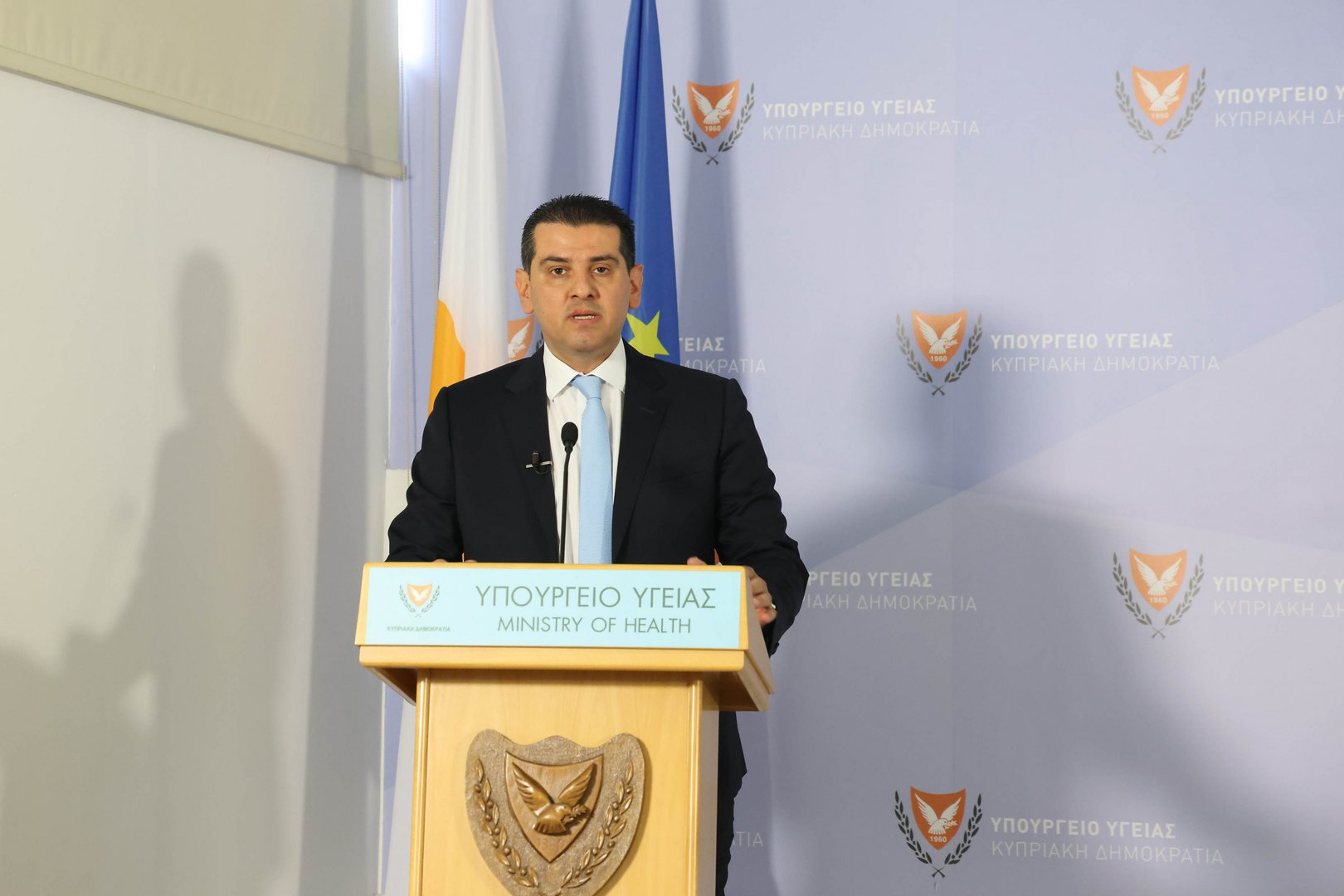Parliament is aiming to hold a vote on legalising euthanasia in January next year, with an article-by-article deliberation in the House human rights committee of a bill providing for its legalisation set to begin in September.
Discussions on the matter continued in the committee on Monday, with Health Minister Michael Damianos describing them as “constructive”.
He said the government’s position on the subject “has been formed through consultation with our social partners”, with this position at present appearing to still be in the process of being formed.
With this in mind, he said that with the new community nursing law having been passed by parliament last month and a bill foreseeing the opening of new palliative care centres submitted to parliament, “when those structures are operating effectively, the discussion on euthanasia will be able to proceed”.
He added that to this end, the government’s “immediate priority” is the “full development and operation of palliative care structures” to ensure appropriate care and support for people in the final stage of their lives.
Asked about possible delays in the implementation of palliative care structures, he said the government has submitted “around 15” pieces of legislation to parliament aimed at upgrading Cyprus’ health system in the past 18 months, and that delays had only come about because of “delays in submitting legislation from previous years”.
Responsibility for these delays, therefore, “does not belong to the current government”, he said.
Committee chairwoman and Akel MP Irene Charalambides had last year put forward a bill on euthanasia, which prompted the beginning of committee discussions on the matter last month.
Charalambides’ bill includes a number of safeguards, including mandated consultations with a medical board, psychologists and psychiatrists with the aim of ensuring that the decision is being made for valid medical reasons.
On Monday, she called on MPs to “assume their responsibilities”, while stressing “every person’s right to determine where they end up”.
Meanwhile, MP Alexandra Attalides, who belongs to Volt, said she supports Charalambides’ proposal, stressing that “euthanasia is a matter of human rights”.
Charalambides also stressed that European countries are now legalising euthanasia.
“I must say that the United Kingdom, at the beginning of June, became another country which adopted euthanasia. The third reading of the bill was completed. France preceded it on May 25. Portugal and Spain, Catholic countries, had already adopted it,” she said.
Some countries, including Portugal and Spain, have decided to legalise assisted dying rather than euthanasia, with the difference being that in assisted dying, a doctor gives a drug to the patient, who takes it themself, and that in euthanasia, the doctor administers the drug to kill the patient.
“The trends of European Union member states are that they now recognise the individual’s right to choose, provided that they are diagnosed with a terminal illness, and our own bill proposes that terminal cancer patients be able to make their own decisions about their lives,” Charalambides added.
The UK has not yet legalised assisted dying or euthanasia, with a bill to legalise the former having passed through the House of Commons – the country’s lower legislature – last month.
It must now be passed through the House of Lords before the current parliamentary session comes to an end to become law.
In France, meanwhile, the situation is similar. The country’s lower chamber has approved a bill which foresees the legalisation of assisted dying, with the upper chamber yet to approve it.
Euthanasia is currently legal in nine countries, with the Netherlands the first in the world to legalise it in 2002. Since then, Belgium, Luxembourg, Colombia, Canada, Spain, New Zealand, Portugal, and most recently Ecuador have all made euthanasia legal.
Assisted dying is legal in Austria, Belgium, Canada, the Netherlands, Portugal, Spain, Switzerland, 10 states and the District of Columbia in the United States, and everywhere in Australia with the exception of Northern Territory and the Australian Capital Territory, with the Australian Capital Territory set to legalise assisted dying in November.
In Cyprus, Charalambides’ bill had faced some pushback from both the Cyprus medical association and patients’ federation Osak, with both expressing concern that a change in the law would encourage people suffering from a disease to look for an end.
The debate surrounding euthanasia and assisted dying in Cyprus became a topic of discussion during and after the trial of British pensioner David Hunter, who killed his wife in Paphos.
Hunter’s wife, Janice, was suffering from a form of cancer and he was tried after killing her.
He told the court his wife had begged him to kill her. He was eventually found guilty of manslaughter and released after having served 19 months in prison while awaiting his trial.







Click here to change your cookie preferences